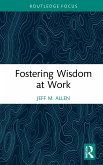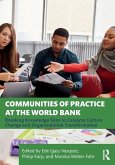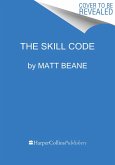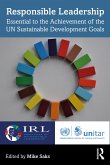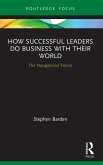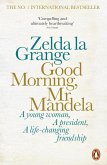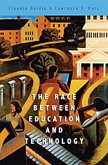Most people can name dozens of knowledgeable people in their private and business lives, but highly value the very limited number deemed as wise. The fields of gerontology, psychology, and social science have attempted to study the phenomena of wisdom with little significant clarity or understanding of the construct within the expansive workforce development field. Wisdom, as an important aspect of a growing global knowledge economy, lacks the frameworks and theories needed for fostering workplace wisdom.
This book brings a scholarly scrutiny to the study of wisdom, propelling the attribute to prominence within the broad field of workforce development and particularly within the growing context of a global knowledge economy. It investigates the characteristics of wisdom and offers theories, frameworks, techniques to foster wisdom in the workplace, recognizing it as a vital key to success for individuals and society.
The ideal audience of this book includes senior learning specialists, organization development managers, HRD directors and workforce scholar-practitioners. These key individuals in organizations understand talent management and have a vested interest in the career construction of individuals in their organizations.
This book brings a scholarly scrutiny to the study of wisdom, propelling the attribute to prominence within the broad field of workforce development and particularly within the growing context of a global knowledge economy. It investigates the characteristics of wisdom and offers theories, frameworks, techniques to foster wisdom in the workplace, recognizing it as a vital key to success for individuals and society.
The ideal audience of this book includes senior learning specialists, organization development managers, HRD directors and workforce scholar-practitioners. These key individuals in organizations understand talent management and have a vested interest in the career construction of individuals in their organizations.


